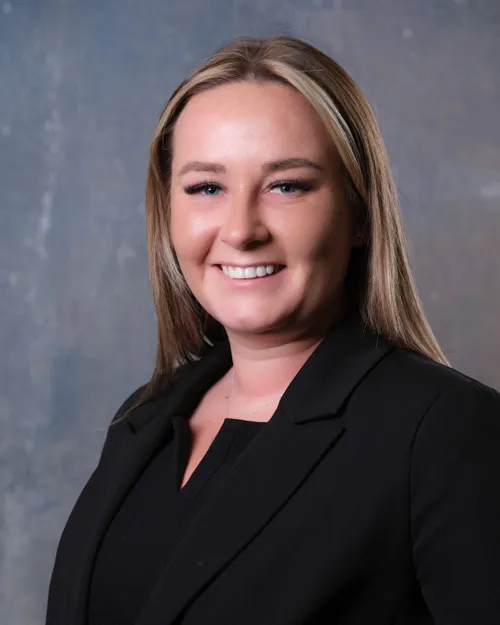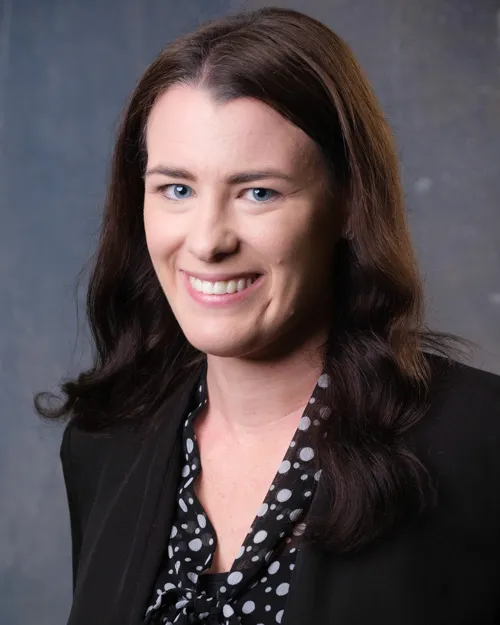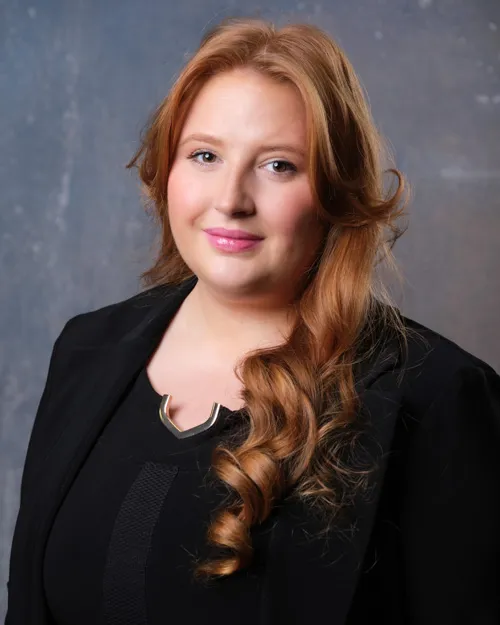Our children law solicitors frequently assist parents or carers who have come across an issue about their children’s upbringing that is causing disagreement. Whilst some parents are able to discuss important issues with the other parent and reach agreement about what should happen with their children, other parents may just require some help through mediation or solicitor led negotiation. However, for some parents, if it is not possible to reach an agreement on what should happen in respect of their children, it is necessary to make an application to court for a specific issue order.
What is a specific issue order?
A specific issue order is a court order which states what a Judge has said should happen to a child in relation to a specific question – it is also known as a Section 8 Order. An application for a specific issue order can be made as part of an application for a child arrangements order or as a standalone application to just deal with a specific issue that has arisen between parents. Applications will only be permitted by the Court if they deal with an important decision relating to a child’s upbringing not smaller issues.
What kind of disagreements may result in an application for a specific issue order?
The types of issues a Judge in the Family Court might be asked to decide when dealing with a specific issue order application include:
- What nursery/school should a child attend?
- Should a child have medical treatment/vaccines?
- Should a child be able to go abroad?
- Should a child have his/her name changed?
- In which religion should a child be raised?
- Should a child attend religious education?
- Should a child be returned to the other parent?
How do I get a specific issue order?
You must make an application to the Family Court and explain the issue that has arisen and what you want the court to do. Our solicitors are experienced in making applications for specific issue orders and can guide you through the process to ensure your application proceeds smoothly without delay.
Once a court has received a specific issue application it will consider the paperwork, allocate it to the appropriate level of Judge and list it for a hearing. Applications can be made on an urgent basis if necessary to ensure an appropriate listing if the issue is time sensitive.
It is not always appropriate to make an application to Court and the Court will want to see that efforts have been made to resolve the issue prior to deciding to start proceedings. The Court has the ability to ask parties to attend mediation if they have not already tried to resolve the issues. Our solicitors are experienced in analysing your next steps and providing accurate advice, contact us for an initial discussion.
How does the Court decide whether a specific issue order should be made?
The court will apply the welfare principle, the no order principle, the no delay principle, and the welfare checklist. We have prepared a guide to explain this in detail.
What happens at a specific issue order hearing?
When a Court receives an application under the Children Act 1989 they will appoint a Children and Family Court Advisory and Support Service CAFCASS officer. This officer will then try to talk to both parties and see if an agreement can be reached without a full hearing or if the issues can be narrowed. They then produce a letter to the court in advance of the first hearing with details of the discussions and their opinion on next steps.
There will likely be more than one hearing in an application for a specific issue order. The Court will give directions for evidence which could vary from statements from the parents to experts’ reports depending on the issue. Our experienced children lawyers will consider your case with you and advise on the evidence that they believe will be required based on your circumstances.
The court will place pressure on parents to reach an agreement regarding the issue to be resolved as a decision imposed by the court can be unsuccessful in the long term. At a final hearing, the Court will consider the written evidence before it as well as hearing oral evidence, it will then make a decision about what order should be made.
What is the difference between a specific issue order and a prohibited steps order?
A specific issue order involves the Judge making an order that says what should happen in respect of a particular issue. A prohibited steps order involves a Judge making an order that something should not happen.
Can I get a specific issue order urgently?
Yes. If the issue is time sensitive and can be considered urgent then our solicitors will deal with your application promptly and specifically request an urgent hearing date.
How long does it take to get a specific issue order?
It depends on the specific issue the court is being asked to consider as well as the evidence that is considered necessary to obtain to allow the Judge to make a decision. Our solicitors will give you advice tailored to your own circumstances.





































